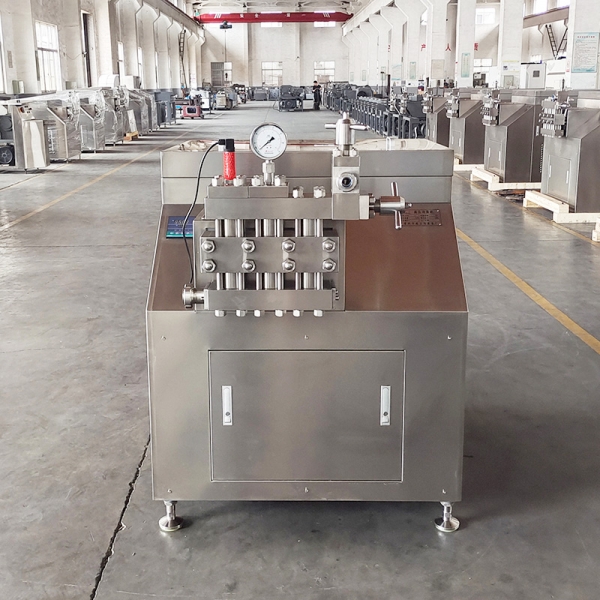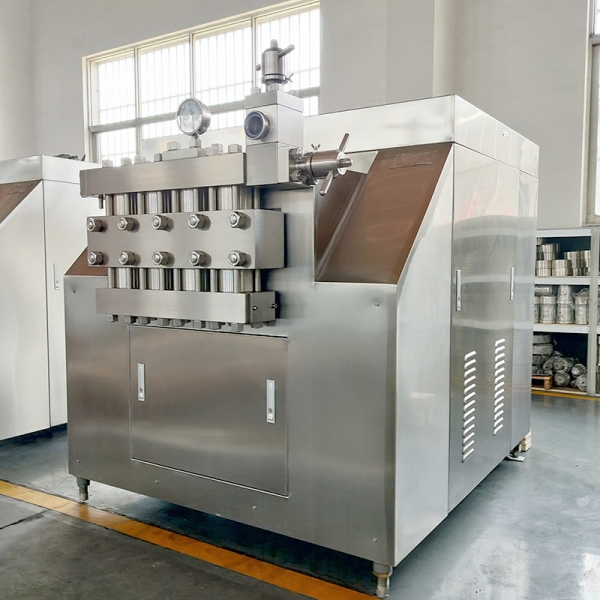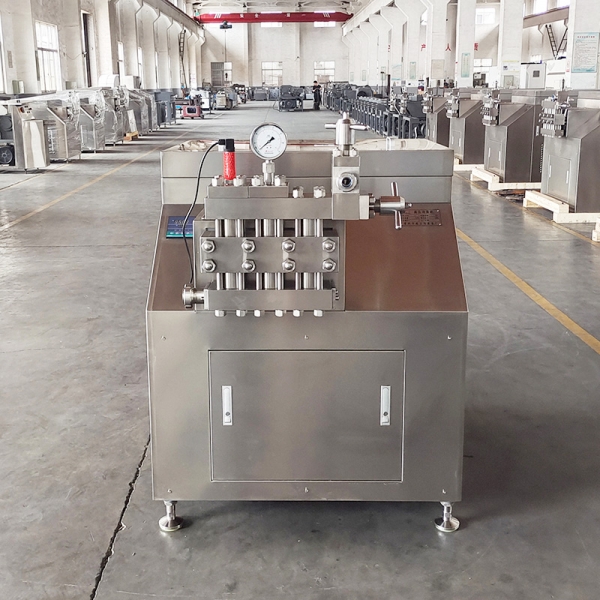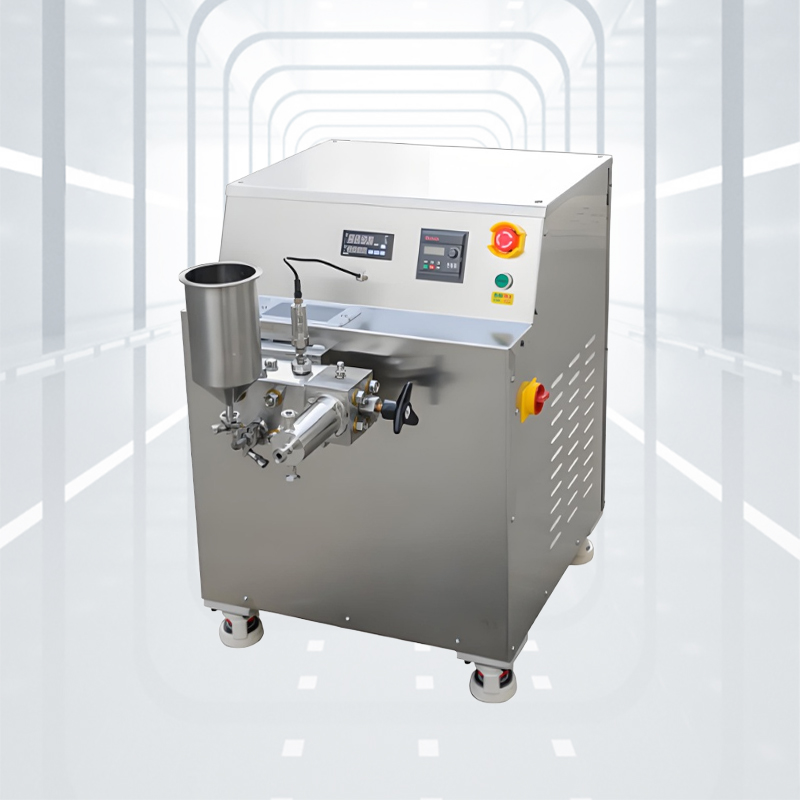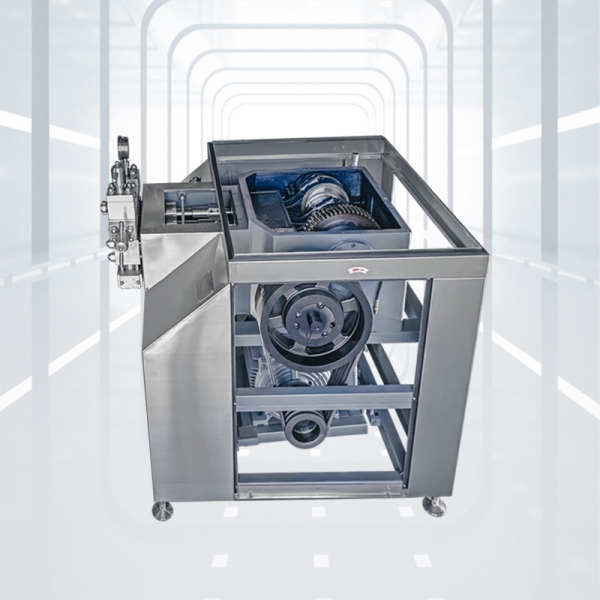Unlocking Greater Efficiency and Precision with Homogenization Solutions in the Biologics Industry
The biologics industry has rapidly emerged as one of the most critical pillars of modern medicine, delivering advanced therapies such as vaccines, monoclonal antibodies, recombinant proteins, and cell-based treatments. As these products grow in complexity, manufacturers face increasing pressure to ensure precision, purity, and efficiency at every stage of production. High-pressure homogenization has become an essential technology in this landscape, offering reliable solutions for particle size reduction, cell disruption, and formulation stability. Its ability to achieve uniform results with high repeatability makes it indispensable for biologics processing.
One of the major challenges in biologics production is efficient cell disruption. Many biologic products, including therapeutic proteins and enzymes, are produced inside microbial or mammalian cells. High-pressure homogenizers provide a mechanical method to break open these cells cleanly and consistently. Unlike chemical or enzymatic lysis, homogenization does not introduce impurities or require additional reagents, making it ideal for sensitive bioproducts. The result is higher yields of target molecules with reduced contamination, allowing manufacturers to recover more valuable materials and maintain higher purity standards.
Precise particle size reduction is another critical requirement in biologics manufacturing. Many formulations, such as vaccine adjuvants, protein suspensions, and lipid-based delivery systems, demand nanoscale uniformity to ensure stability and therapeutic effectiveness. High-pressure homogenizers excel at creating fine, consistent particle sizes, which enhances solubility, improves bioavailability, and ensures predictable performance. This level of precision is especially important in advanced biologic delivery systems such as lipid nanoparticles used for mRNA vaccines.
Modern biologics also rely heavily on stable emulsions and dispersions. Formulations for vaccines, gene therapies, and targeted drug delivery often require highly stable emulsified systems that resist separation and degradation. Homogenizers ensure uniform droplet distribution and reliable encapsulation of active ingredients, helping maintain product stability over time. Their ability to create tight emulsions supports the development of sophisticated delivery technologies that depend on consistency and durability.
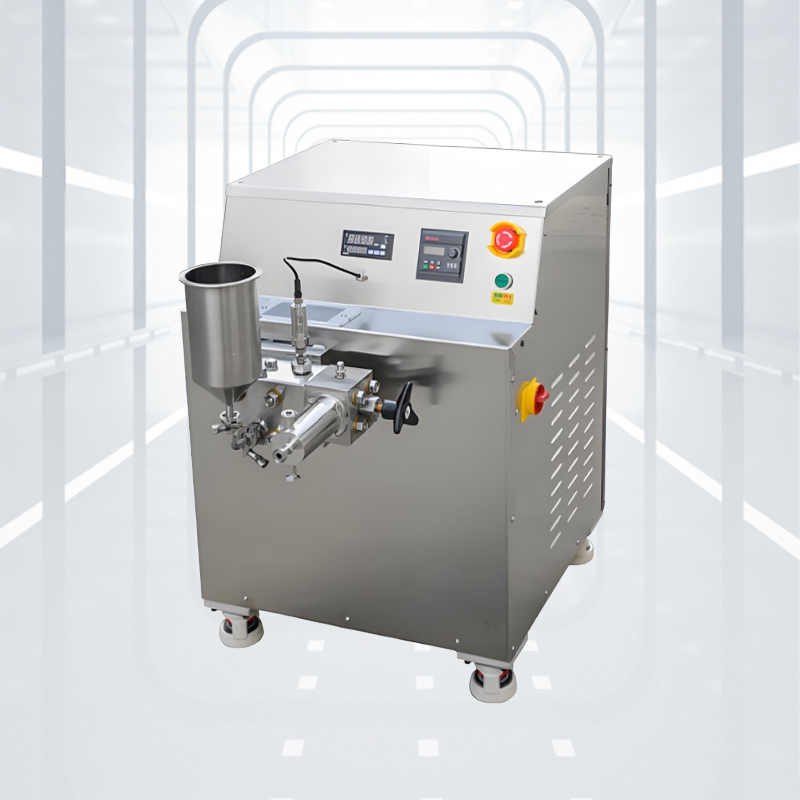
Scalability is a major concern for biologics manufacturers, who must transition from small laboratory batches to full-scale industrial production. High-pressure homogenizers offer a seamless pathway for scale-up, as the same processing parameters can be applied at different volumes. This ensures that product quality remains consistent from R&D through to commercial manufacturing. With a range of model sizes and pressure capacities, homogenization systems easily accommodate different stages of biologics development without sacrificing precision or efficiency.
Beyond technical performance, homogenization solutions contribute to overall bioprocess efficiency. The rapid processing speed of high-pressure systems shortens production timelines, while their stable pressure output ensures uniform results across batches. Their long service life and low maintenance requirements also reduce operational downtime, providing cost-effective advantages for companies managing continuous production cycles. This combination of reliability and efficiency makes homogenizers a valuable asset in biologics processing facilities.
As the demand for biologics continues to grow globally, manufacturers must rely on equipment that delivers exceptional precision, stability, and scalability. High-pressure homogenizers meet these needs by enabling efficient cell disruption, controlled particle size reduction, and robust formulation capabilities. Their contribution to increased yields, improved stability, and consistent quality makes them indispensable in modern bioprocessing. Through advanced engineering and dependable performance, homogenization technology helps unlock greater efficiency and precision, supporting the ongoing evolution of the biologics industry.


